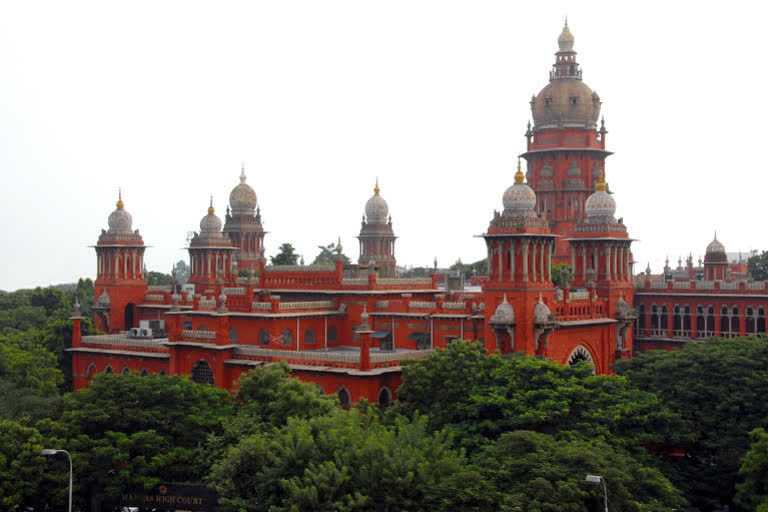Mumbai:If the pension scheme for freedom fighters and their dependents was introduced with a desire to help and honour such persons, then it ill behoves the Maharashtra government to reject claims due to lack of documents or late applications, the Bombay High Court has said.
A division bench of Justices Ujjal Bhuyan and Madhav Jamdar said that the state government should reach out to freedom fighters and their dependents and give them the benefits of the scheme, instead of making such people file applications.
The court on Thursday directed the Maharashtra government to start paying pension to the 90-year-old widow of a freedom fighter under the 'Swatantrata Sainik Samman Pension Scheme, 1980' from October 2021.
The order was passed on a plea filed by Shalini Chavan, a resident of Raigad district, who sought that benefits of the scheme be accorded to her, as her late husband Laxman Chavan was a freedom fighter.
The copy of the order was made available on Saturday.
The state government, in its affidavit to the plea, had claimed that the petitioner was ineligible for pension, as she had not submitted the original imprisonment certificate, which was a mandatory document.
The government also stated that the claim for pension had been filed belatedly.
The court, however, noted that there cannot be a rigid time limit for making such applications and said, “The prescription of a rigid time limit for the proof of entitlement in the very nature of things is demeaning.”
“If the scheme for freedom fighters and their family was introduced with a genuine desire to assist and honour those who had given the best part of their life for the country, it ill behoves the government to raise a plea of limitation against such claims”.
“In fact, the government should find out the freedom fighters or their dependents and approach them with the pension, instead of requiring them to make applications for pension. That would be the true spirit of working out the scheme, the object of which is to honour the freedom fighters,” the court said.
The bench noted that in cases where original documents are not available, the state government should examine whether it is a genuine case and if documents produced establish that the person had participated in the freedom movement.
“It should be done by applying the principle of probability,” the court said.
